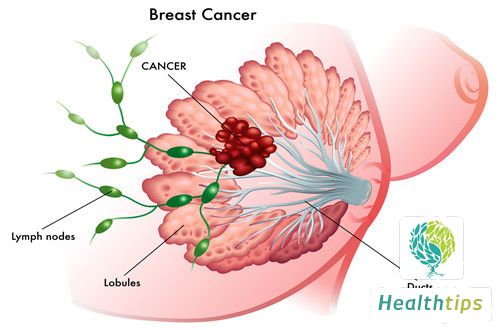Clinically, the treatment of breast cancer mainly includes surgical treatment, chemotherapy, radiotherapy, and some drug treatments. Many people do a good job in caring for themselves after surgical treatment, but preoperative care is often overlooked. In fact, preoperative care for cancer can also affect postoperative recovery, so both preoperative and postoperative care are very important. So what are the key points of preoperative care for breast cancer?
 1. Provide multifaceted life care guidance, instruct patients to eat high-nutritional and easy-to-digest foods, pay attention to the color, aroma, and taste of the food, increase the patient's appetite to meet the nutritional needs of the body, and store energy to achieve the purpose of tolerating surgery. Develop good bowel habits, maintain smooth bowel movements, and take laxatives as prescribed in case of constipation.
2. Preoperative preparation should pay attention to the protective medical system, do a good job of ideological work with the patient and make them understand that the surgery may cause changes in chest shape and limited upper limb function. Those who are pregnant should be advised to terminate the pregnancy, and those who are breastfeeding should immediately stop breastfeeding. Routine preoperative preparations should be made, including internal organ function tests and skin preparation.
3. Diet: The diet of breast cancer patients before surgery is mainly to enhance the effect of treatment, so patients need to eat more foods that can boost their immunity before surgery, such as mushrooms, turtle, and yam. Eating these foods can effectively improve the body function of patients and enhance their tolerance to surgery. Breast cancer patients should also eat more foods rich in vitamins before surgery, because vitamins can promote tissue regeneration, promote wound healing, and participate in the coagulation process. Eating more vitamins can reduce the amount of bleeding during surgery.
1. Provide multifaceted life care guidance, instruct patients to eat high-nutritional and easy-to-digest foods, pay attention to the color, aroma, and taste of the food, increase the patient's appetite to meet the nutritional needs of the body, and store energy to achieve the purpose of tolerating surgery. Develop good bowel habits, maintain smooth bowel movements, and take laxatives as prescribed in case of constipation.
2. Preoperative preparation should pay attention to the protective medical system, do a good job of ideological work with the patient and make them understand that the surgery may cause changes in chest shape and limited upper limb function. Those who are pregnant should be advised to terminate the pregnancy, and those who are breastfeeding should immediately stop breastfeeding. Routine preoperative preparations should be made, including internal organ function tests and skin preparation.
3. Diet: The diet of breast cancer patients before surgery is mainly to enhance the effect of treatment, so patients need to eat more foods that can boost their immunity before surgery, such as mushrooms, turtle, and yam. Eating these foods can effectively improve the body function of patients and enhance their tolerance to surgery. Breast cancer patients should also eat more foods rich in vitamins before surgery, because vitamins can promote tissue regeneration, promote wound healing, and participate in the coagulation process. Eating more vitamins can reduce the amount of bleeding during surgery.




















